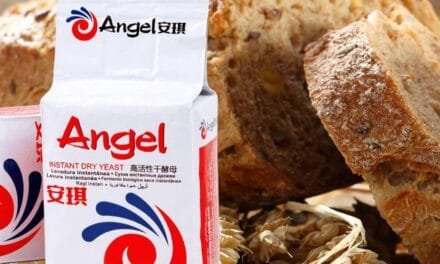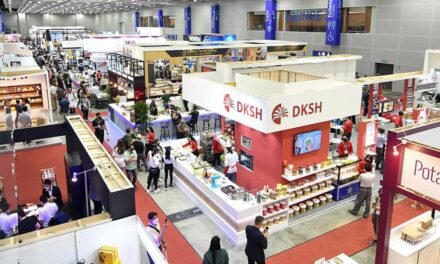Bee-free honey now will available in stores thanks to MeliBio. MeliBio announced in January of this year that it would be entering European markets, including as Austria, Switzerland, and the UK, with its plant-based honey substitute through a strategic cooperation with Slovenian food maker Narayan.
MeliBio’s ‘bee-free’ plant-based sweetener will be marketed under the Better Foodie brand in the UK and ALDI’s private label Just Veg! in Austria and Switzerland as a result of this agreement. A $10 million, four-year agreement is part of the cooperation, with the goal of getting MeliBio’s goods into 75,000 retailers in Europe.
“By providing restaurants and consumers with a delicious and sustainable alternative, we hope to help restore ecological harmony and make room for native pollinators,” Darko Mandich, CEO and co-founder of MeliBio, said in a statement.

New partnership with Pow.bio may advance precision fermented honey
MeliBio’s initial concept of precision fermented honey would set the company apart from others in the plant-based honey space, and after four years of research and development, MeliBio has an update on its precision fermented honey.
Mandich said: “We are excited to announce a partnership with San Francisco Bay Area-based Pow.bio that will take us to the next step of bringing fermentation-powered products into the market. Our Capex-free approach and world’s class scientific team of people coming from leading universities such as UC Berkeley, Stanford, and Harvard is a combination we believe will set an example of a successful food tech commercialization.”
Pow.bio is a precision fermentation startup that combines traditional fermentation techniques with AI-driven optimisation, to create a highly efficient and scalable fermentation platform.
‘Bee-free’ sweetener does not use precision fermentation
The original MeliBio products are entirely plant-based and are modeled after the properties of acacia and light clover honey. In 2022, Mellody, MeliBio’s first plant-based product, was introduced to the US market. As far as flavor, nutrition, and applications go, Mandich’s plant-based honey is a 1:1 substitute for culinary honey. “We start with the same plants that bees visit in nature and turn them into plant-based honey that matches the original in order to achieve this level of product integrity,” Mandich explained.
The formulation contains 80% fructose and glucose and 18% water. The remaining 2% comprises a blend of plant extracts, where the product gets its flavour. In the US this includes red clover, jasmine, passionflower, chamomile, seaberry, gluconic acid, and natural flavours, while in Europe, the plant extract blend is slightly different.
Plant-based honey is sustainable but has limitations
According to Nielsen data, 2022 saw honey sales reach $920 million with double-digit dollar growth in the latest year. But commercial honey production faces a number of threats.
Last year, the USDA reported that honey production declined by more than 125 million pounds — a 14 percent decline per colony. Issues affecting colony health, including the mysterious colony collapse disorder (CCD), have continued to increase in recent years. From spring 2020 to 2021 colony losses were the second highest on record since first tracked in 2006.
MeliBio recognises the limitations of a solely plant-based approach, acknowledging that not all types of honey could be replicated using this method and that the resulting product may not be identical to honey produced by bees.
When the company first emerged on the scene, it pledged a precision fermented honey — a product that on a molecular level is identical to honey coming from bees — but switched to a plant-based product with the release of Mellody. Mandich said the pivot to launching plant-based products came after feedback from chefs in the US and Europe. “They believe our plant-based honeys are great culinary alternatives to non-sustainable, commercially made bee-made honey.
We responded to the call of the market and decided to serve that need,” he said. Plant-based honey does offer a sustainable and cruelty-free alternative to bee-produced honey, but beyond looking and tasting like honey, there are distinct properties that honey ‘flavoured’ products fall short in. Alongside fructose and glucose, bee-made honey has trace amounts of enzymes, amino acids, vitamins B and C, minerals, and antioxidants. Many of these antioxidants are classified as flavonoids, which have anti-inflammatory properties, that may provide some health benefits.

















